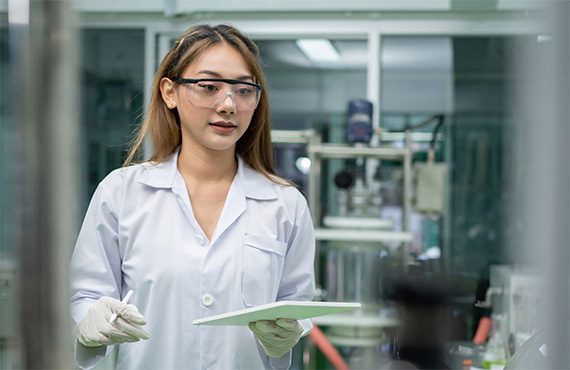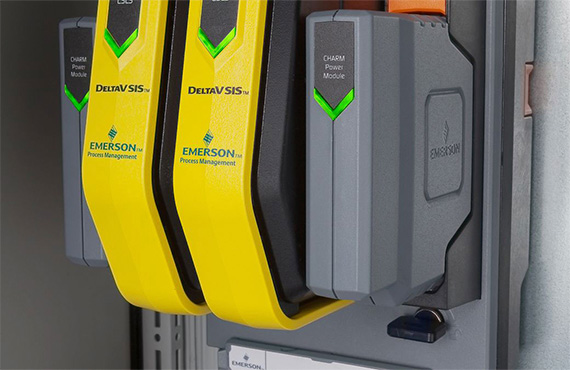
The life sciences industry drives progress in healthcare and research, with safety as its core.
A safety lapse in sterile cleanrooms or bioreactors can disrupt production or risk lives. Proconex offers advanced life science safety solutions to protect your facility. This guide describes the life sciences industry, explains safety's importance, and showcases our solutions for your operations
What Is the Life Sciences Industry?
The life sciences industry involves companies that research, develop, and produce health-related products. This includes pharmaceuticals, biotechnology, medical devices, and cell and gene therapy. A Pharma Manufacturing report estimates this sector at $2.4 trillion, driven by growth in biologics and personalized medicine. Life sciences manufacturing involves complex processes like fermentation and aseptic filling, requiring strict safety measures.
These companies, including those in drug products manufacturing, follow strict regulations like FDA’s cGMP and EU’s Annex 1. Proconex supports them with life science safety solutions, ensuring compliance and protecting sensitive processes, as detailed on our life sciences page.
Why Is Safety Important in the Life Sciences Industry?
Safety in the life sciences industry protects workers, products, and patients. A safety breach, like cleanroom contamination, can lead to costly recalls, as noted by the FDA. A study by Biopharma Dive shows safety incidents cut productivity by 20 percent. Life science safety solutions help maintain sterile conditions and ensure safe handling of hazardous materials.
Compliance drives safety priorities. Agencies like OSHA and EMA enforce strict standards. Violations can lead to fines or closures. In research and development, safety systems protect lab staff from chemical or biological hazards, maintaining trust in your innovations. Safety also guards intellectual property, keeping proprietary processes secure during production.
What Is Considered a Life Sciences Company?
- A life sciences company enhances human health through innovation. Examples include:
- Pharmaceuticals: Companies like Pfizer create drugs, relying on drug substance manufacturing.
- Biotechnology: Firms like Amgen focus on biologics, especially in cell and gene therapy.
- Medical Devices: Medtronic manufactures diagnostics, requiring secure packaging.
- OEMs: Suppliers support life sciences manufacturing.
-
These firms rely on life science safety solutions to meet operational and regulatory demands, as highlighted by Proconex.

Proconex Safety Solutions for Life Sciences
Proconex provides innovative life science safety solutions for the life sciences industry. Our offerings include:
- Safety Instrumented Systems (SIS): Emerson’s DeltaV SIS meets SIL3 compliance, reducing hazards in drug products manufacturing by 40 percent, according to Emerson.
- Cleanroom Monitoring: Sensors ensure air quality and sterility in cell and gene therapy, cutting contamination by 30 percent, as noted by Cleanroom Technology.
- Gas Detection Systems: These systems protect labs in research and development, lowering incident rates by 25 percent.
With over 300 experts, we customize solutions to ensure compliance with cGMP and Annex. In packaging, our systems prevent tampering and protect product integrity.
We offer lifecycle services, from system design to validation, supporting OEMs and manufacturers. Our training programs prepare your team to manage safety systems for long-term reliability. In drug substance manufacturing, our solutions ensure bioreactor safety, preventing costly batch losses.
To Summarize
The life sciences industry needs strong safety to protect innovation and lives. Innovative life science safety solutions ensure compliance, efficiency, and reliability. Proconex’s Emerson-backed systems safeguard life sciences manufacturing from labs to packaging lines. Ready to enhance your safety standards? Discover Our Safety Solutions Now! Contact us today.
People Also Ask
Firms like Pfizer and Medtronic develop health solutions, as stated by Proconex.
Systems like SIS and gas detection protect life sciences manufacturing, according to Emerson.
